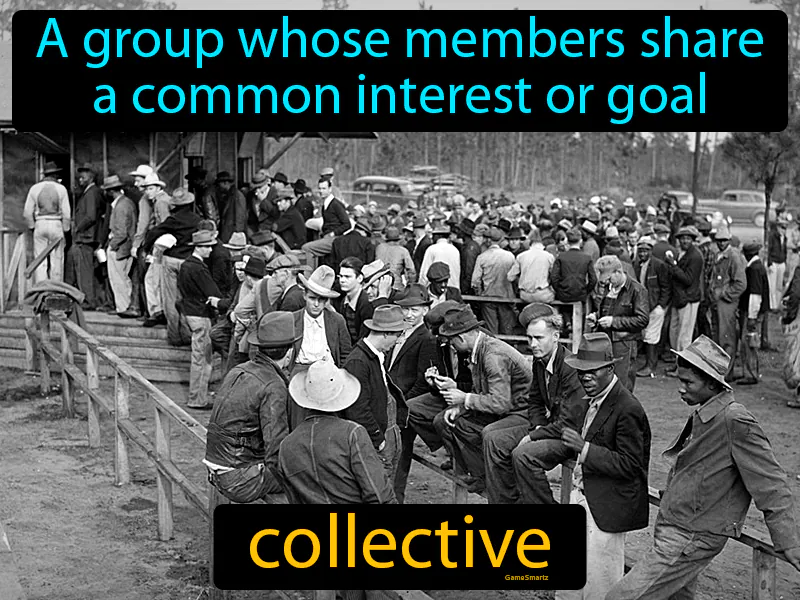Collective
Collective:
During the Rise of Totalitarianism between 1919 and 1939, the concept of a collective was significant as it represented groups that supported or opposed powerful regimes like those in Nazi Germany or Soviet Russia. These collectives often formed around political parties, unions, or social movements that either promoted totalitarian ideas or resisted oppressive governments. The idea of a collective was crucial for organizing mass support or opposition, responding to issues like economic instability and loss of individual freedoms. Today, collectives still matter as they bring people together to address common interests, such as environmental activism, where groups unite to combat climate change. For example, a community organizing a neighborhood clean-up demonstrates how working collectively can lead to positive change and foster a sense of unity and purpose.

Practice Version

Collective: A group whose members share a common interest or goal. Collective. In History, a collective often refers to people working together for a shared purpose, like early farmers forming communities to farm land together.
